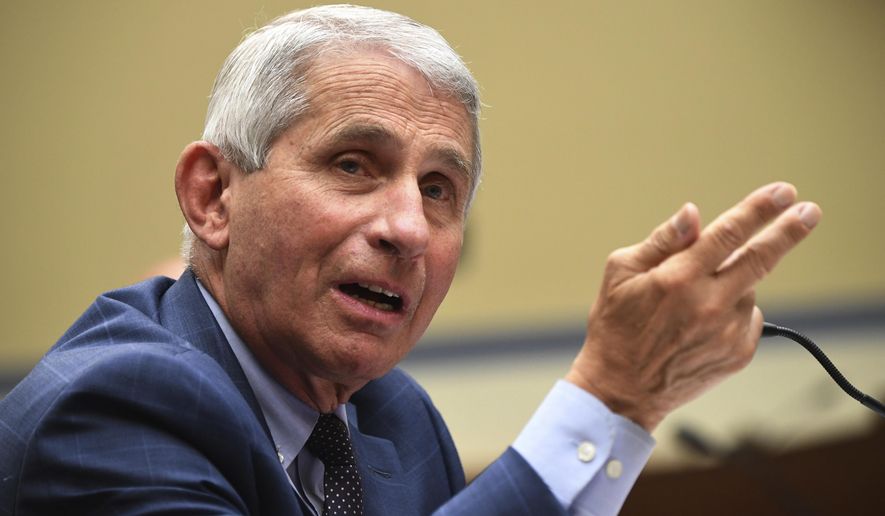Dr. Anthony Fauci on Wednesday said it’s unfortunate that AstraZeneca had to pause its Phase 3 clinical trial for a leading coronavirus vaccine candidate, but said it’s standard operating procedure when companies are moving through the trial stage.
“It’s really one of the safety valves that you have on clinical trials,” Dr. Fauci said on “CBS This Morning. “It’s unfortunate that it happened. Hopefully, they’ll work it out and be able to proceed along with the remainder of the trial.”
“It’s not uncommon at all,” he said. “This is an example of the kind of thing that you do to make sure we’re dealing with a product that’s safe.”
AstraZeneca, which is developing a vaccine with the University of Oxford, said Tuesday it was pausing its Phase 3 study because of a suspected adverse reaction in a trial participant in the UK.
In a written statement Wednesday, the company said the voluntary pause will allow researchers to review safety data after “a single event of an unexplained illness.”
“This is a routine action which has to happen whenever there is a potentially unexplained illness in one of the trials, while it is investigated, ensuring we maintain the integrity of the trials,” AstraZeneca said.
National Institutes of Health Director Francis Collins said the pause “ought to be reassuring” amid a debate about whether speed and political pressure is overriding safety protocols.
When scientists say they’re serious about ensuring safety, “Here is Exhibit A,” Dr. Collins told the Senate Health Committee.
At least two other major vaccine candidates that have backing from the Trump administration are currently in Phase 3 or Phase 2/3 trials.
Pfizer and Germany-based BioNTech, as well as Moderna Inc., have partnered with the federal government as part of the administration’s “Operation Warp Speed” to develop a vaccine by next year.
Dr. Fauci, director of the National Institute of Allergy and Infectious Diseases, said he’s sticking with his projection that officials will likely know if there’s a safe and effective vaccine by the end of the year.
“I think the more likely scenario is that we will know by the end of this calendar year,” he said. “Hopefully, we’ll be able to start vaccinations in earnest as we begin 2021.”
• Tom Howell Jr. contributed to this article.
• David Sherfinski can be reached at dsherfinski@washingtontimes.com.




Please read our comment policy before commenting.